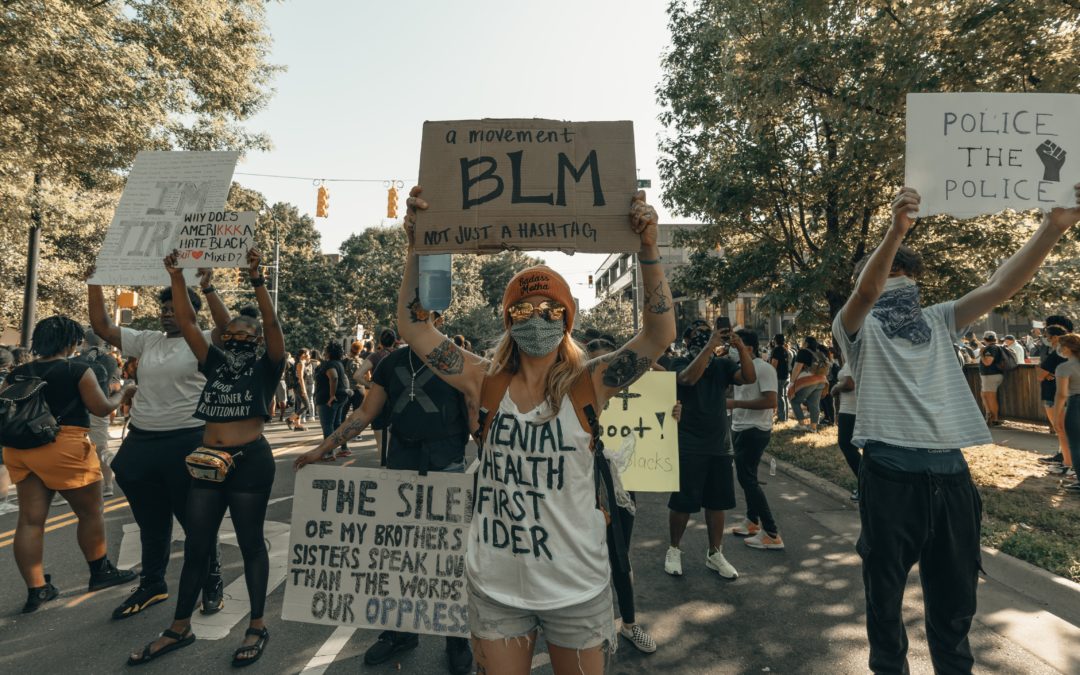
by Jonathan P-Wright | Jul 28, 2023 | Latest, Social Justice |
Photo by Clay Banks on Unsplash
A significant chapter in the fight for justice and accountability has been written as New York City reaches a historic settlement with hundreds of George Floyd protesters who faced unlawful tactics at the hands of local police during the turbulent events of 2020. The proposed agreement, recently filed in a Manhattan federal court, represents a groundbreaking moment, with the city agreeing to pay over $13 million in the largest class-action settlement ever awarded to a group of protesters.
As reported by CNN, a historic settlement has been reached, representing a monumental outcome in response to a class-action lawsuit brought forth on behalf of an impressive number of approximately 1,380 protesters. These individuals were arrested by the New York City Police Department during a series of 18 fervent demonstrations held across the city during the period of May and June in 2020. The successful resolution of this lawsuit stands as a testament to the power of collective action and the unwavering determination of those seeking justice and accountability for alleged misconduct. With this momentous settlement, those impacted by the events surrounding these protests may find solace and recognition, as the legal process takes significant strides towards addressing the grievances and concerns raised during this tumultuous period in the city’s history. The landmark nature of this settlement not only reaffirms the rights and liberties of peaceful protesters but also underscores the importance of holding authorities accountable for ensuring that those rights are upheld and protected in any civil society. This pivotal case serves as a beacon of hope for others seeking redress and serves as a critical milestone in the ongoing journey towards fostering a more just and equitable society for all. The terms of the agreement will provide eligible individuals with compensation of $9,950 each, pending approval by a judge.
The lawsuit sheds light on a series of troubling allegations against the authorities, accusing them of employing aggressive tactics that violated protesters’ rights. Among the accusations were claims of corralling protesters into confined spaces, using excessive force with batons and fists, indiscriminately deploying pepper spray, and arresting demonstrators without lawful justification or fair warning.
The protests of 2020 were a visceral response to the tragic killing of George Floyd by former police officer Derek Chauvin, an event that sent shockwaves throughout the nation and reignited the Black Lives Matter Movement. Hundreds of people from diverse backgrounds united on the streets of cities and towns across the country, standing in solidarity against police brutality and racial injustice.
In the heart of New York City, a powerful wave of voices rose, demanding an end to systemic racism and the urgent need for police reform. The demonstrations were marked by a spirit of unity and a shared commitment to driving societal change. However, the resolve of the protesters was met with an alarming response from law enforcement, who, according to the class-action lawsuit, employed unlawful tactics that violated the constitutional rights of the demonstrators.
The impact of this settlement transcends monetary compensation; it sends a resounding message about the significance of accountability in a just society. By acknowledging and redressing the harm done to protesters, the city of New York takes a crucial step toward recognizing the importance of protecting citizens’ constitutional rights, even in the face of public dissent.
While the road ahead may be long, this landmark agreement offers hope and encouragement to those who continue to advocate for meaningful police reform and an end to racial injustice. As New York City takes this historic step towards healing and reconciliation, it sets a powerful precedent for other cities and communities grappling with similar challenges. The legacy of the George Floyd protests will endure, as the voices of those who took to the streets continue to echo, demanding a future where equity, justice, and compassion prevail.
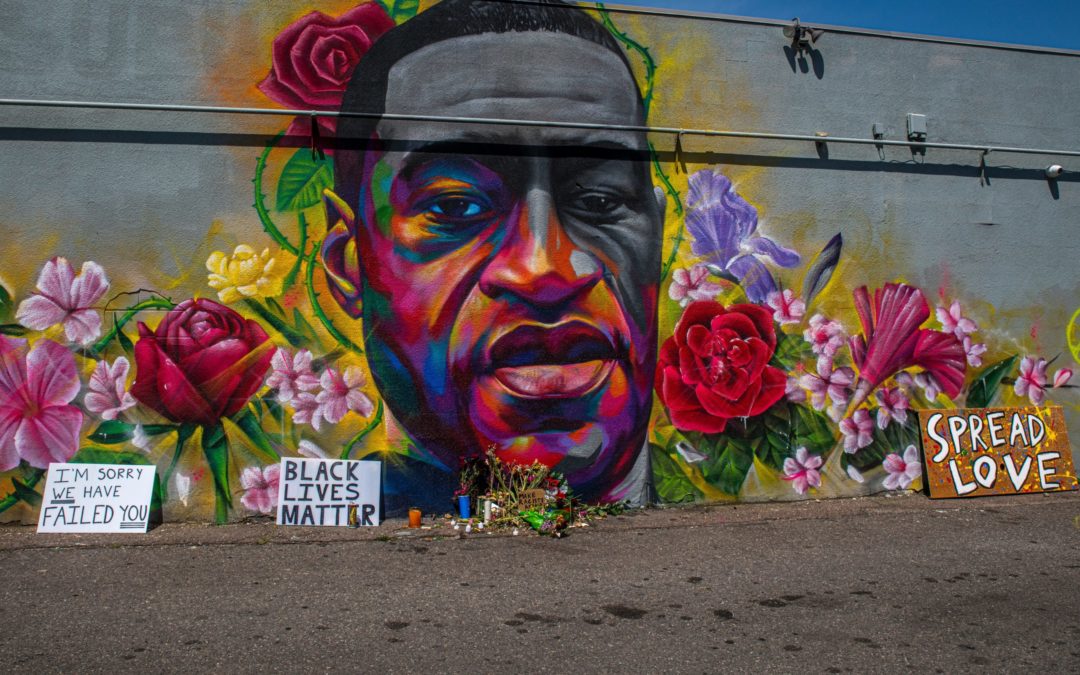
by Jonathan P-Wright | Jul 21, 2023 | Latest, Social Justice |
Derek Chauvin, the former Minneapolis police officer found guilty in George Floyd’s death, is now seeking an appeal to the U.S. Supreme Court after facing setbacks in Minnesota’s highest court. His choice to pursue this avenue for appeal came to light following the denial of his request by the state’s top justice system.
In a historic verdict on April 20, 2021, a Minneapolis court found Derek Chauvin guilty of second-degree manslaughter and more in the death of George Floyd, an unarmed Black man whose death sparked global protests and calls for justice.
After the conviction, Chauvin’s legal team sought to challenge the outcome through the state’s legal channels. However, their efforts were unsuccessful in Minnesota’s highest court. Determined to continue the fight, Chauvin’s attorney, Gregory M. Erickson, announced that they plan to petition the United States Supreme Court for a Writ of Certiorari.
In this case, Chauvin’s legal team aims to present arguments to the nation’s highest court in the hope of overturning the 2021 conviction.
Derek Chauvin’s conviction was a pivotal moment in the ongoing fight for police accountability and racial justice. The tragic death of George Floyd sparked a worldwide movement demanding an end to police brutality and systemic racism. Chauvin’s trial and subsequent conviction were viewed as a crucial step towards ensuring that law enforcement officers are held responsible for their actions.
The former officers who were present at the scene alongside Chauvin during Floyd’s death also faced legal consequences for their involvement. The trial shed light on systemic issues within the Minneapolis Police Department, leading to an investigation by the Justice Department. The investigation found evidence of unlawful discrimination against people of color within the police department, underscoring the urgent need for comprehensive reforms.
As Derek Chauvin seeks an appeal in the U.S. Supreme Court, the nation remains vigilant in the pursuit of justice. The case has become a focal point in the ongoing national conversation about policing and racial equity. The outcome of this appeal will have significant implications not only for Chauvin’s individual case but also for the broader quest for justice and accountability in law enforcement.
His memory continues to inspire movements and initiatives aimed at addressing systemic inequities and demanding transformative change in the criminal justice system.
As Chauvin’s legal team prepares to present their case to the highest court in the land, the eyes of the nation are once again on the U.S. Supreme Court. The outcome of this appeal will reverberate through the annals of history, shaping the trajectory of justice and the pursuit of equality for all Americans.
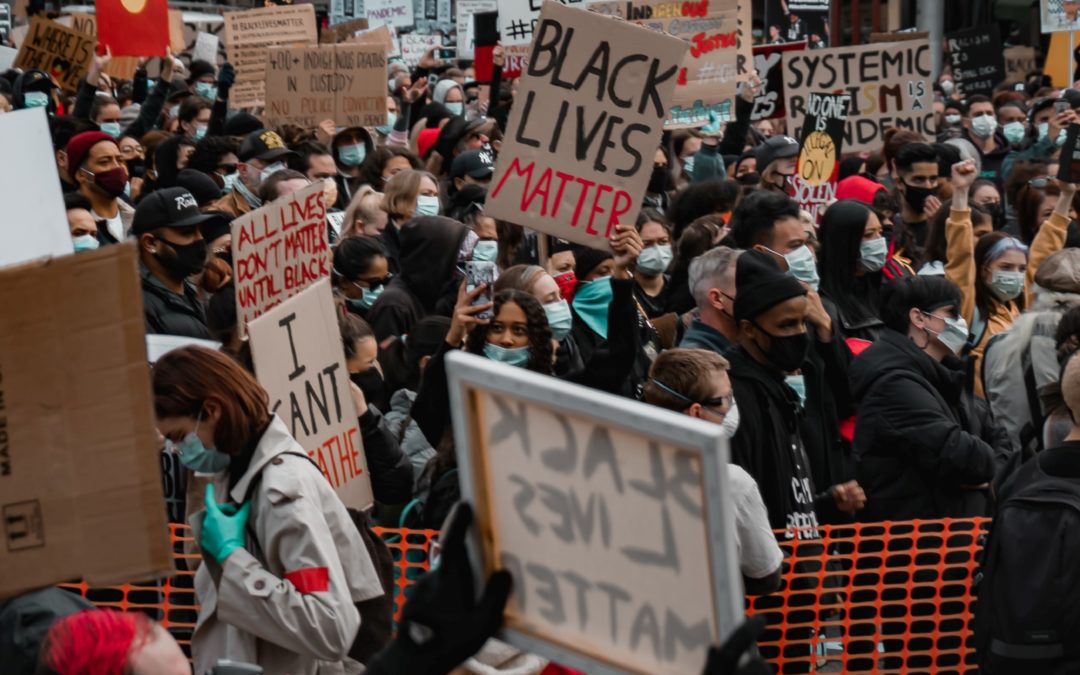
by Tanyette McCoy Davis | Mar 7, 2023 | Latest, Social Justice |
In a landmark decision, 320 protestors who were corralled and arrested by police during the George Floyd demonstrations in New York City have been awarded $7 million in a settlement. The term “kettling” refers to a controversial tactic used by law enforcement to control crowds, which involves trapping demonstrators within an enclosed area. This case is just one example of how the fight for justice and accountability continues long after protests come to an end.
George Floyd’s death sparked outrage and protests across the country. In New York City, demonstrators took to the streets to demand justice for Floyd and other victims of police brutality. The protesters were “kettled” by police, who surrounded them and prevented them from leaving. The demonstrators sued the city, alleging that their constitutional rights were violated. A judge agreed, and the protesters were awarded $ million in damages.
On Tuesday, a federal judge approved a $7 million settlement between the city of New York and demonstrators who were “kettled” by police during a protest against the killing of George Floyd last May. The plaintiffs alleged that they were peaceful protesters who were unlawfully arrested and detained by police officers without probable cause. They also claimed that they were subjected to excessive force when they were pepper-sprayed and hit with batons.
Under the terms of the settlement, each of the plaintiffs will receive $36,000 in damages. The city will also create a $250,000 fund to reimburse protesters for medical expenses and property damage incurred during the incident. In addition, the city will make changes to its policing policies, including banning the use of kettling as a means of dispersing crowds.
In the wake of George Floyd’s death, many police reform efforts have been undertaken in New York City. The most notable of these is the establishment of the NYPD’s “collaborative policing” program, which encourages officers to work with community members to solve crimes and build trust. Other initiatives include body-worn cameras for all officers, improved training on de-escalation techniques, and expanded use of civilian complaint review boards. These reforms are intended to make the NYPD more accountable to the public and help reduce incidents of excessive force.
The settlement is significant because it acknowledges that the NYPD’s actions were unlawful and that the protesters were mistreated. The money will be used to compensate the protesters for their injuries and damages. This case sets a precedent that may be cited in future lawsuits against police departments that engage in similar tactics.
This is one of the largest settlements ever awarded in a case involving police misconduct. And it’s just one example of the ways that Floyd’s death has led to lasting change.
In the months since Floyd’s death, there have been numerous other high-profile cases of police brutality and misconduct. These include the killing of Breonna Taylor in Louisville, Kentucky, and the shooting of Jacob Blake in Kenosha, Wisconsin.
It’s clear that Floyd’s death has had a profound impact on our country. His legacy will continue to be felt for many years to come.
Police accountability is critical for maintaining the public’s trust in law enforcement. When police are accused of misconduct, it is important that there is a process in place to investigate the allegations and, if substantiated, hold the officers accountable.
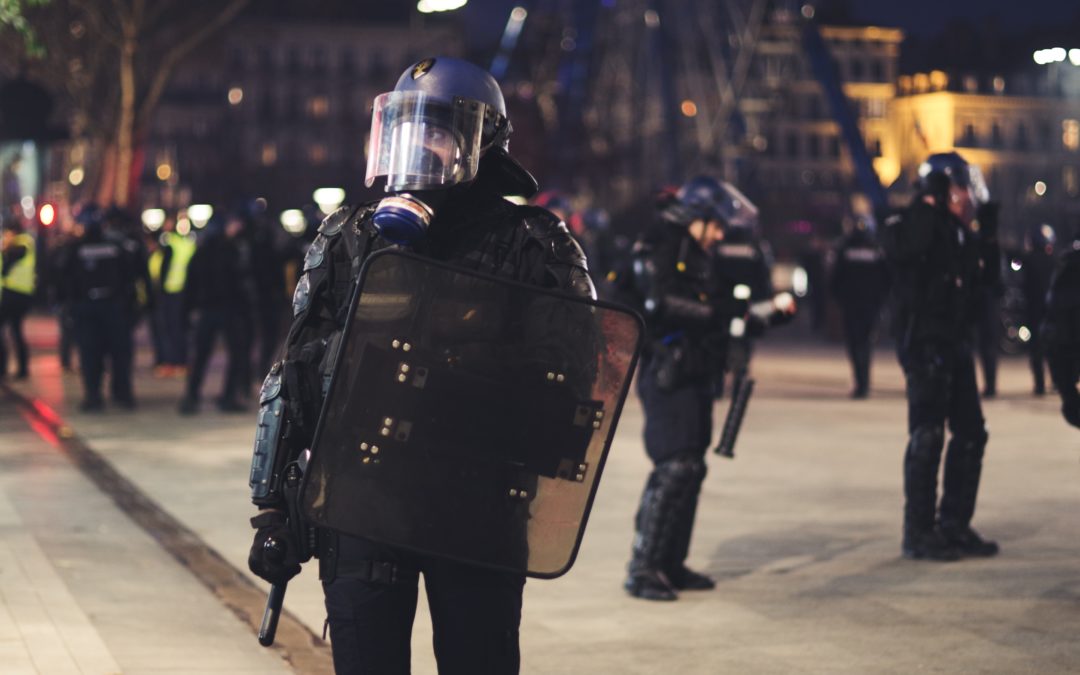
by Samantha J Rice | Jan 27, 2023 | Latest, Music News, New Music Alert |
As the world continues to grapple with the injustice of George Floyd’s death, one Los Angeles family has been forced to face a similar tragedy. Keenan Anderson, cousin of Black Lives Matter Founder Patrisse Cullors and a 31-year-old teacher, was killed by the LAPD during a confrontation in late April. In a shocking video recently released, Anderson can be seen struggling against officers before being tased and later pronounced dead at the scene. Read on to learn more about this heartbreaking story and how it is connected to the fight for justice for George Floyd.
The muder of Keenan Anderson is yet another example of the police brutality that black people face in America. It is also a tragic reminder of how little has changed since the murder of George Floyd. We must continue to fight for justice and hold the police accountable for their actions.
One of the founders of the Black Lives Matter movement, Patrisse Cullors, has a cousin who was tased by police officers in Los Angeles, California. The man’s name is Keenan Anderson and he was stopped by police for riding his bike on the wrong side of the road. When police officers attempted to search Keenan Anderson, he ran away. The officers chased Kizzee and tased him when they caught up to him. Keenan Anderson died as a result of the tasing.
Patrisse Cullors, founder of Black Lives Matter, said that her cousin was shouting because he was in fear for his life. She said that the tasing was deadly and that it should never have happened.
This statement highlights the ongoing problem of police brutality against black people in America. The fact that someone would feel the need to shout this statement before they were killed by police speaks volumes about the state of race relations in America.
The aftermath of the tragedy has seen a renewed focus on the Black Lives Matter movement and its goals. The movement has gained new momentum in the wake of George Floyd’s death, and it is clear that there is still much work to be done in order to achieve equality and justice for all.
If you are able, please consider making a donation to help the Anderson family during this difficult time. Every little bit helps, and your gesture of solidarity will be greatly appreciated.
The tragic death of George Floyd has been a catalyst for much needed change in the US. Unfortunately, despite all of the progress that has been made since then, there are still issues that need to be addressed. The incident involving the BLM founder’s cousin is just one example of how systemic racism and police brutality can lead to devastating consequences. We must continue to fight for justice and accountability so that others don’t suffer like this again.
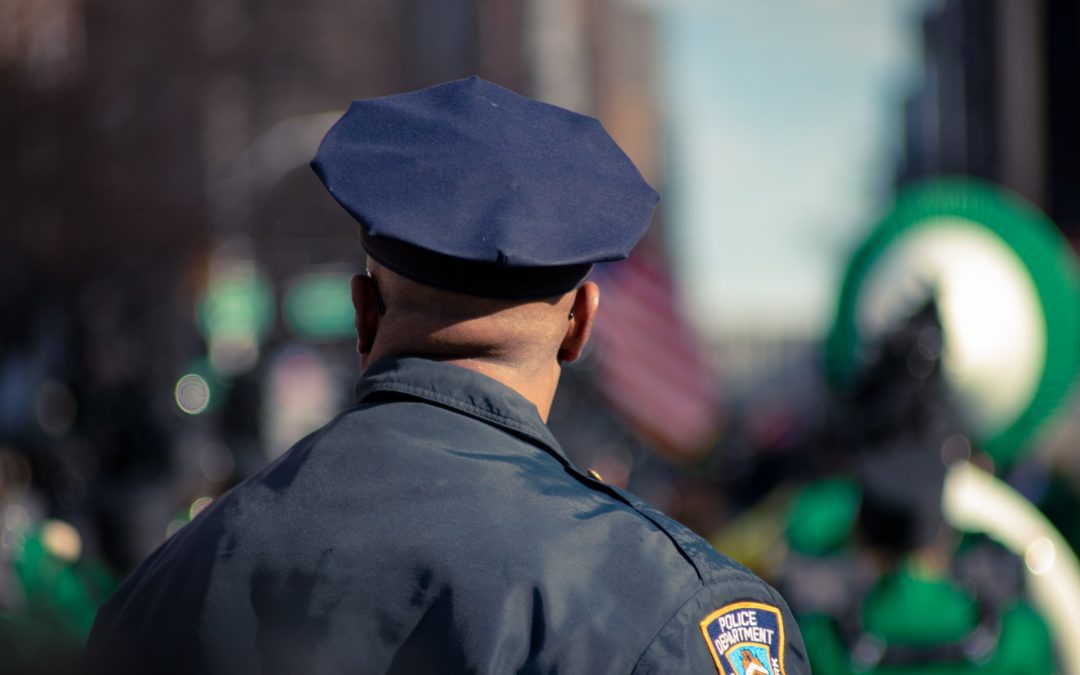
by Fabiola Noel | Dec 15, 2022 | Latest, Social Justice |
The former police officer Derek Chauvin who kneeled on George Floyd’s back has been sentenced to a little over three years in prison, AP News reports. The sentence was handed down by a judge in Minneapolis on Thursday. The former officer, Derek Chauvin, was found guilty of second-degree murder and manslaughter in Floyd’s death last May.
The judge ruled that Derek Chauvin’s crimes were aggravated by the fact that he acted with particular cruelty, given that George Floyd was “particularly vulnerable” while lying on the ground with his hands handcuffed behind his back. This is far less than the maximum sentence of 40 years that Derek Chauvin was facing, but it is still a significant prison sentence for his actions. The judge in the case said that Derek Chauvin’s actions were “heinous” and “horrible,” and that he showed a “depraved mind.”
This is far from the justice that many activists and members of the public have demanded, but it is a step in the right direction. Chauvin’s sentencing sends a strong message that police officers will be held accountable for their actions, and it may deter other officers from using excessive force in the future.
George Floyd’s death sparked nationwide protests against police brutality and racial injustice, and led to a number of reforms being enacted at the local, state, and federal levels.








RECENT COMMENTS